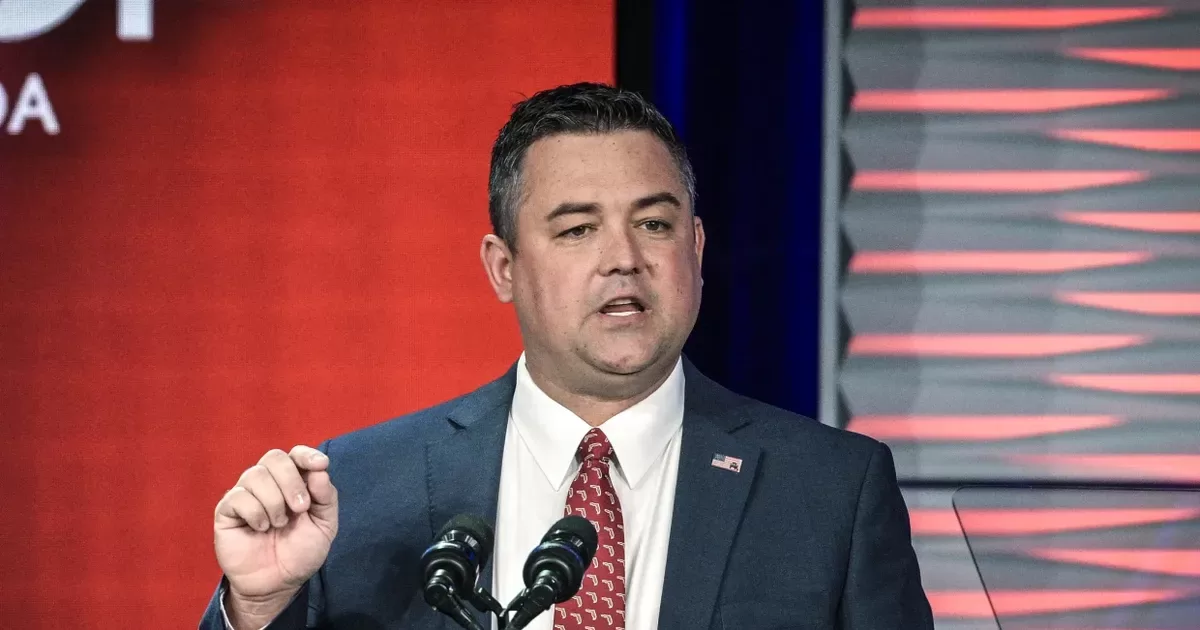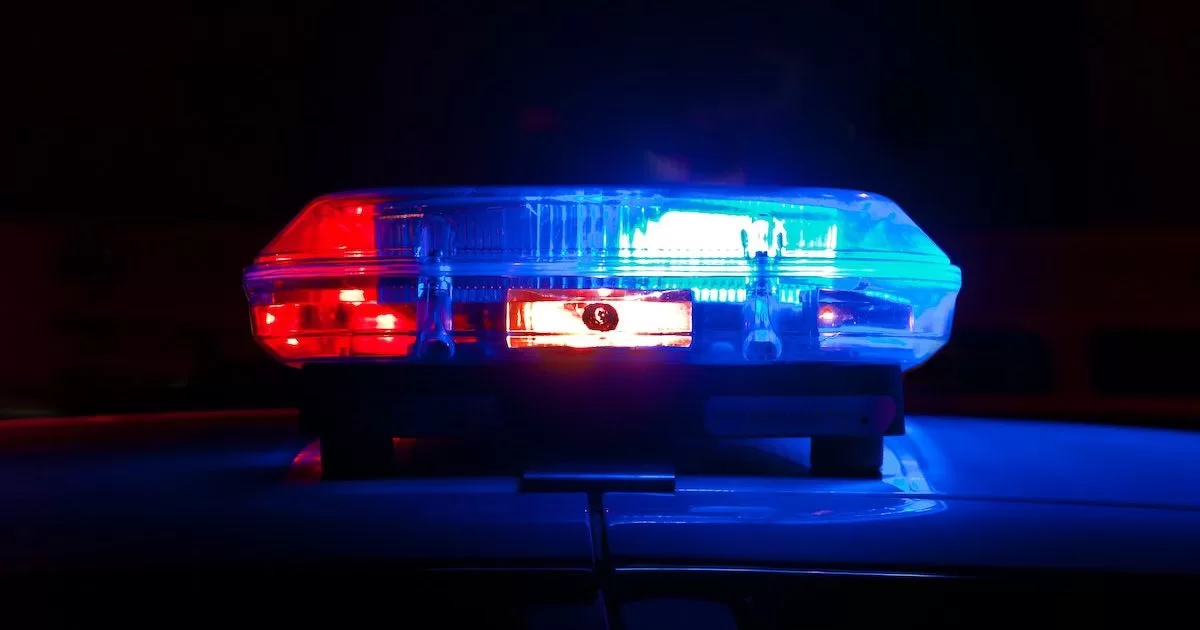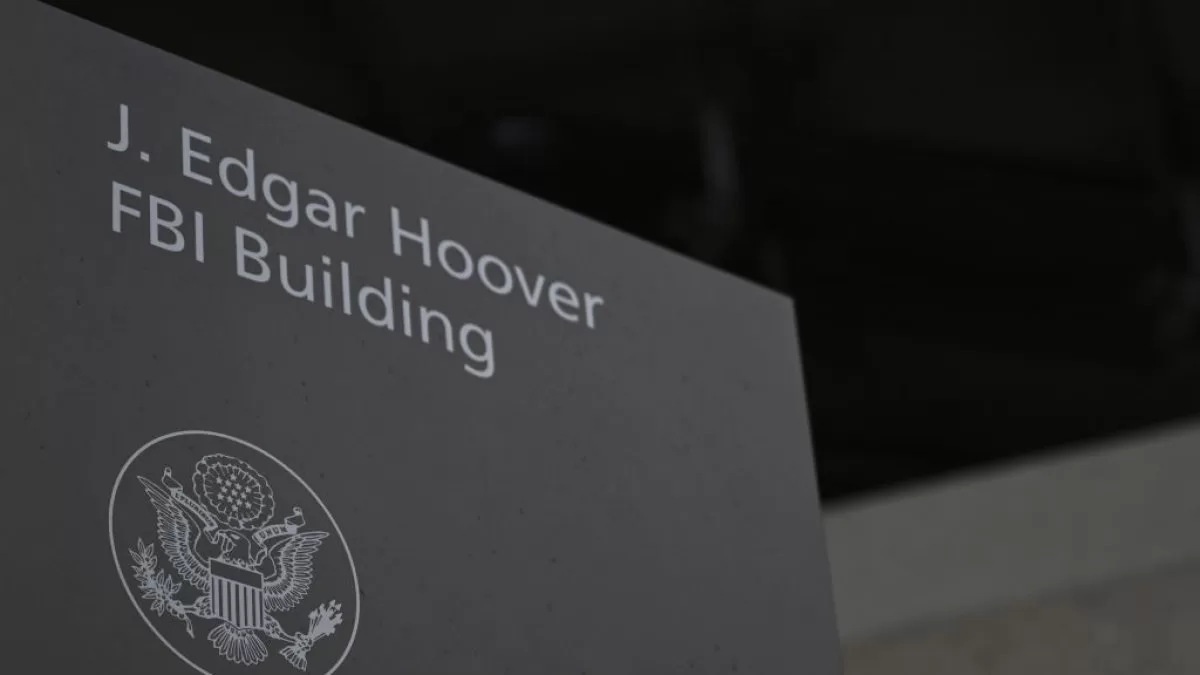Check fraud is back in the United States, fueled by a rise in organized crime that is forcing small businesses and individuals to take extra security measures or avoid mailing checks.
Banks issued approximately 680,000 check fraud reports to the Treasury Department’s Financial Crimes Enforcement Network (FinCEN) last year. That’s up from the 350,000 reports in 2021. Meanwhile, the US Postal Inspection Service reported approximately 300,000 mail theft complaints in 2021, more than double the previous year’s total.
Early in the pandemic, relief checks became an attractive target for criminals. The problem has only gotten worse, and postal authorities and bank officials are warning Americans to avoid mailing checks if possible, or at least use secure mail delivery. Meanwhile, as fraud cases increase, victims are waiting longer to recover stolen money.
FEWER CHECKS ARE USED EVERY TIME, BUT FRAUD INCREASES
The use of checks has been on the decline for decades, as Americans have largely switched to paying for their services with credit and debit cards. Americans wrote about 3.4 billion checks in 2022, up from almost 19 billion checks in 1990, according to the Federal Reserve. However, the average value of checks increased from $673 in 1990, or $1,602 in today’s dollars, to $2,652 last year.
“Despite declining check use, criminals have increasingly targeted mail since the COVID-19 pandemic to commit fraud,” FinCEN wrote in an alert sent in February.
Checks are still frequently used by small businesses. Eric Fischgrund, who runs FischTank PR, a 30-person public relations firm in New York, received about 15 checks mailed to him from scammed customers after they all went through the same Postal Service distribution center. Ten of them were successfully cashed out by criminals.
The checks were stolen in March and Fischgrund became aware of the problem in April, when several of his clients, who were never late, failed to make payments. The Postal Service investigated, and Fischgrund recovered about 70% of the proceeds, but some of the cases remain unresolved.
The IRS will always contact you by mail before calling you by phone. Here are some other tips to avoid falling victim to scammers.
SO ARE THE SCAMS
According to the case investigator, the scammers use technology that melts ink in the “to” field of checks so they can write fake names. ‘
Today’s criminals do not defraud small amounts. They are sophisticated criminal operations, with participants infiltrating post office distribution centers, setting up fake businesses, or creating fake IDs to deposit checks. The “walkers,” or people who actually walk in to cash these checks, are trained on how to appear even more legitimate.
FischTank instructed all of its customers to change their paper format because it was dealing with a check fraud problem. They have never had a problem with check fraud before in the nearly 10 years that he has run his own business. You now have a clause in new customer invoices and contracts that calls for electronic payments only. “I don’t think we’ll ever ask for checks as an option again,” he said.
In a Southern California case last year, nearly 70 people were arrested and charged with committing more than $5 million in check fraud against 750 people.
Criminals obtain checks or identifying information by extracting mail from US PO Boxes, looking for envelopes that appear to be bill payments or mailed checks.
In the company’s application, the bank acknowledged an ongoing technical problem with online services, but assured customers that the accounts were secure.
THIS IS HOW CRIMINALS OPERATE
The most common type of fraud is what is known as check laundering, in which a criminal steals the check from the mail and proceeds to change the name of the payee and the amount of money.
Some criminals go further and use the information found on the check to collect sensitive personal data about a potential victim. There have been reports of criminals creating fake entities from personal data obtained from a check, or even opening new lines of credit or businesses with that data as well. This allows scammers to create new checks using data from previous accounts.
That’s why check fraud experts say Americans should avoid sending checks in the mail or at least take extra security measures to avoid becoming a victim.
“If you need to mail a check, don’t put a check in the mailbox at your house or apartment and raise the flag to notify the postman. Leave checks inside a post office if necessary,” said Todd Robertson of Argo Data, a financial data provider.
Banks, well aware of the problem, are increasingly vigilant for signs of fraud at branches and through mobile check deposit services, including large check deposits. They are training branch clerks to take steps like looking at check numbers, because check numbers are generally written in order, or to notice when a check is being written for a much larger amount than previous check history would indicate. customer. Banks now also implement software that can indicate how risky a check may be.
But those systems become fragile if criminals can persuade tellers to ignore red flags.
PROFESSIONAL SCAMMERS, AND LONGER DELAYED REFUNDS
“These scammers are much more aggressive than in the past, and they are putting pressure on tellers to override internal systems that could flag a potentially suspicious transaction,” said Paul Brenda, senior vice president of the American Bankers Association.
Banks typically reimburse customers if they fall victim to check fraud within a matter of days. However, due to the increasing number of fraud cases, refunds have been delayed in recent months. In March, a trio of Democratic senators called on the banking industry to be quicker to reimburse victims of check fraud whenever possible.
Another safety tip for businesses is to opt for the “positive pay” services of a bank with a business checking account. Positive payment means that you preauthorize checks for a certain amount, as well as the check number, which reduces the ability of criminals to launder the check and withdraw money for an amount that is not preauthorized.






